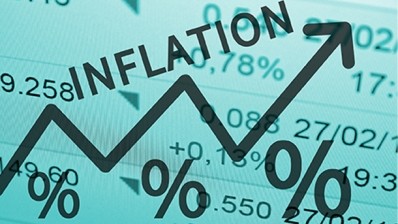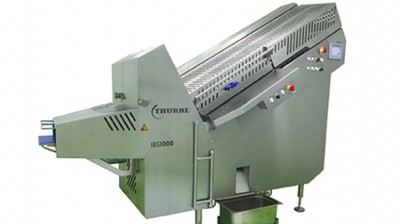Brexit: UK beef prices fall as imports set to rise

The development comes as Extra Detail group – which includes Dovecote Park – reported its results for the year ending October 2015.
The group’s turnover dipped from £174M to £170M for the year, despite a slight increase in volumes produced, while pre-tax profits increased to £3.2M from £2.9M.
It said Dovecote’s sales had remained static, while beef prices remained below the previous year’s value. It also said bovine TB had taken a toll on the industry.
Based in West Yorkshire, Dovecote Park is a major supplier of meat to Waitrose.
Steady decline
While the price of meat in the UK appeared to be on a steady decline, prices for meat – especially bacon – imported into the UK would rise, thanks to the nation’s decision to leave the EU, said market analysts.
Analysts at Rabobank warned that the rapid decrease in value of the pound would create “upward pressure on meat prices”.
The UK imported about half of its Bacon from the EU – mainly from Denmark, Germany and the Netherlands.
Justin Sherrard, global strategist of animal protein at Rabobank, said: “It’s not possible to say by how much bacon prices will rise, but euro-denominated exporters will expect to be paid as before by GBP-denominated buyers.”
Increase its costs
Rabobank described the UK as a food importing country and its isolation from the internal EU market after Brexit was likely to increase its costs of sourcing food products, while it also increased the costs of the technology needed to produce food.
“Over time, Britain’s decision to leave the EU will most likely result in higher costs of trading,” said Rabobank.
“As such, it will impact trade flows and prices of food and agricultural products, both within and outside the UK.
“Additionally, non-UK based [farming and agriculture] companies might decide to postpone investments in the UK until there is a clearer picture of how trade will settle following a transition period.”

















